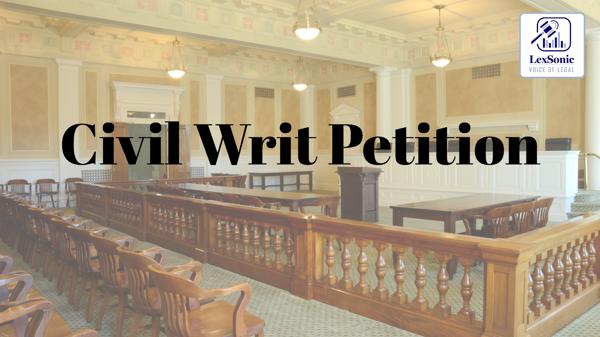High Court Overturns Caste Scrutiny Committee's Rejection of "Thakur" Scheduled Tribe Claim, Emphasizing Pre-Constitutional Documents and Legal Precedent.
15 July 2025
Civil Writ Petition >> Civil & Consumer Law
A court case of Vedant & Another v/s The Vice-Chairman/Member-Secretary, Scheduled Tribe Caste Certificate Scrutiny Committee, Amravati & Others involving two writ petitions (No. 1849/2022 and No. 2360/2022) that were heard together due to a common issue. The petitioners, a son and his father, challenged the order of the Scheduled Tribe Caste Certificate Scrutiny Committee, Amravati, which invalidated their "Thakur" Scheduled Tribe caste claim.
The petitioners presented numerous pre-1950 documents (including birth and death extracts and school leaving certificates) showing "Thakur" as their caste, dating back to 1912. These documents pertained to their great-great-grandfathers, great-grandfathers, and cousin great-great-grandfathers. A key point was the adoption deed of the petitioner's great-grandfather, Pundlik Sampat Thakur, in 1939, after which his name became Shankar Suryabhan Thakur. The Police Vigilance Cell confirmed the authenticity of these documents.

However, the Scrutiny Committee invalidated the claim based on documentary evidence, affinity, and area restriction. The petitioners argued that pre-constitutional documents have high probative value, and that area restrictions for the "Thakur" community were removed by the Scheduled Castes and Scheduled Tribes Orders (Amendment) Act, 1976, and subsequent government clarifications. They also contended that the affinity test should not be the sole criterion for rejection, especially when there's no scientific material on "Thakur" traits.
The court noted that the Vigilance Cell's report largely corroborated the petitioners' documents, with only one "Bhat" entry for a distant relative (Bhikya Shankar) in 1932, which the petitioners adequately explained as unrelated due to the 1939 adoption. Another "Maratha" entry was also explained as an error due to socio-economic circumstances, with later school records showing "Thakur."
The judgment heavily relied on Supreme Court and High Court precedents, emphasizing that entries in Presidential orders for Scheduled Tribes must be read as they are, and neither the state government nor courts can alter them. It highlighted that pre-constitutional documents hold significant probative value and that the affinity test is not a "litmus test," especially in modern times where communities adapt.
The court found the Scrutiny Committee's actions to be "patently illegal, arbitrary, unconstitutional," and "contrary to the guidelines." It criticized the committee for disregarding valid pre-1950 documents and repeatedly flouting judicial pronouncements, causing unnecessary litigation.
